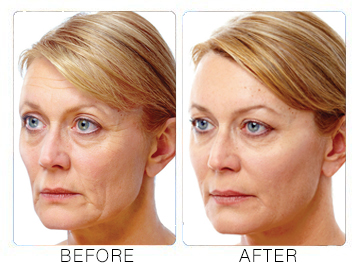
Before you decide to have facial implant surgery, it is important that you understand the risks and benefits. Learn about the recovery process, the incisions, and the recommended surgeon. Learn about the risks associated with this procedure. The New York Plastic Surgical Group provides expert surgery for facial implants.
Recovery after facial implant surgery
The patient should rest after the procedure. There will be bruising and swelling after the procedure, and they should avoid strenuous activities for the first two weeks. A dressing will be placed over the incision. The type of procedure and the pain medication used will affect the time it takes to recover. The total recovery time usually takes between three and four months.
You can have facial implant surgery done in your office or in a hospital. General anesthesia is used to sedate the patient during surgery. The surgeon will make an incision inside the mouth or lower lip. The incision will then be closed using sutures. Bandaging and taping may also be used to reduce swelling. The sutures should be removed seven to 10 days after surgery.

The patient should be kept in the recovery room during the recovery period until they are awake and stable. It is not uncommon to have a sore or sore throat after facial implants surgery. However, it is usually temporary. Any discomfort caused by facial implant surgery should be reported to the care team. While most facial procedures can be performed outpatiently, it is important that patients have someone to drive home. They should also have someone stay with them the first night.
Facial Implant Surgery: Incisions
The incisions for facial implant surgery differ depending on the type and location of the implant. Many times, cheek implants are placed through incisions made within the mouth. They can be held in position with sutures or metal screws. The stitches usually dissolve after about ten days.
The incisions for facial implant surgery are usually made through the mouth. They are often covered with bandages. The surgeon will give you specific instructions for caring for your incision. The surgeon will tell you when to return for your follow-up appointments. Swelling can occur after the surgery, and you may be unable to eat for a few days.
This involves inserting synthetic materials under the skin and onto the bone. Many materials can be used for facial implants. However, there are more options available every year due to advances in the material sciences. Though some patients prefer injectable fillers, facial implants remain a time-tested, permanent technique that can produce natural-looking results. Facial implant surgery is a procedure that can be done if you are healthy and free from any serious medical conditions. It is important to have realistic expectations of the outcome.

Recommendations to a surgeon for facial implant surgery
Cosmetic surgery for the face requires a holistic approach. This means that the surgeon must evaluate the patient's emotional condition before the procedure to determine if they are able to tolerate it. Nervousness about the procedure can cause problems. The surgeon will also study the patient's chin and facial features before the procedure and determine whether they have any risks that could prevent success. The patient might have high blood pressure, scarring history or have had previous surgery. A second risk factor is smoking, or blood clotting. This could cause complications.
The recovery time following facial implant surgery is different. Most cases are performed outpatient. However, patients should expect some swelling and bruising for several days to a week after surgery. A brace may be required to prevent further swelling. Following the procedure, the surgeon may give instructions on how to maintain oral hygiene and what diet to follow.